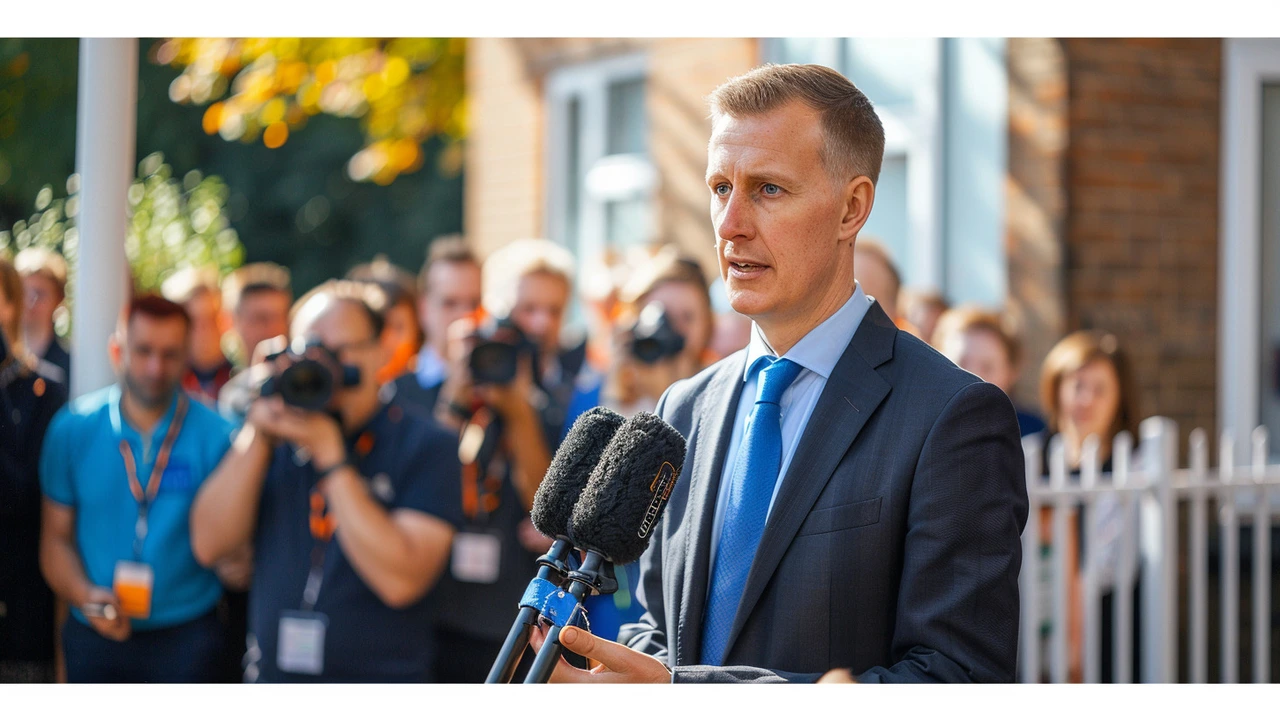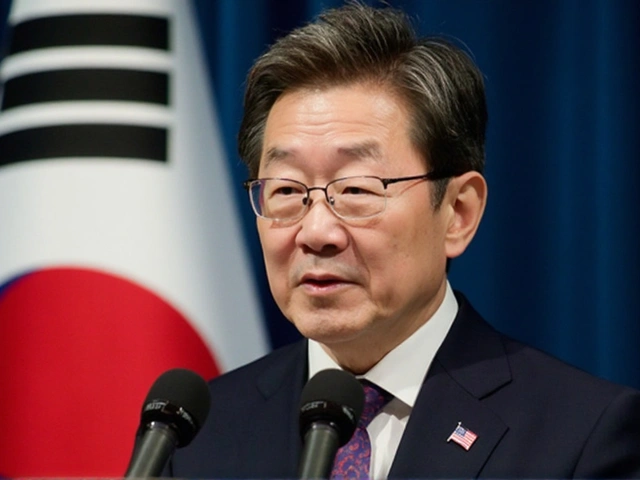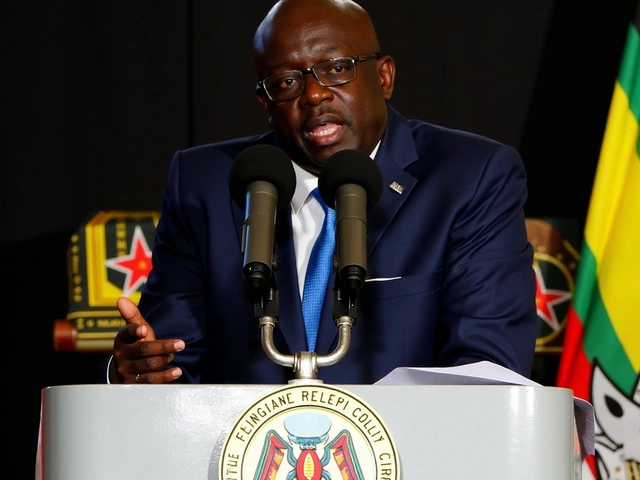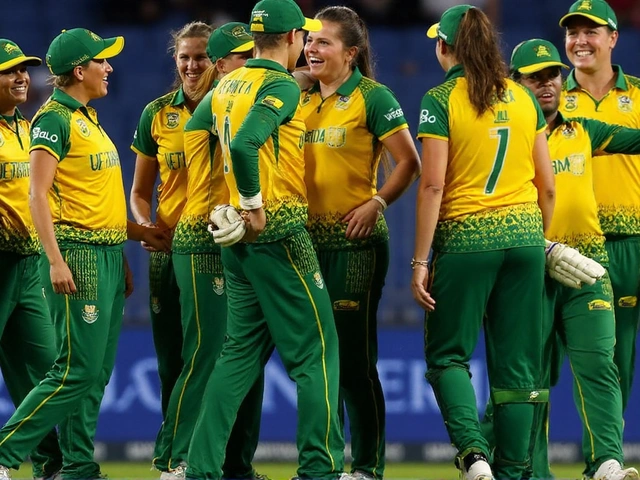Conservative Party: What It Means for Africa and Global Politics
The Conservative Party shapes decisions on trade, aid, security and visas that affect African countries. Its ministers set policy on bilateral ties and funding that can speed or slow investment. When the party shifts position on tariffs or development aid, businesses and governments in Africa notice quickly. Voters in former Commonwealth nations also watch for how immigration rules change for students and workers. Knowing the party's priorities helps African leaders, investors and citizens plan ahead.
What to watch right now: party leadership, trade deals with African states, defense partnerships, and immigration changes. These are the levers that change money flow, security cooperation and talent movement. Watch budget announcements and ministerial visits — they often signal real shifts. Also check how the party frames China and Russia; that shapes aid and investment choices across the continent.
How we cover it: our team tracks policy moves, official statements, and deals that matter to readers in Africa. Expect quick summaries after major announcements and deeper explainers when a decision could affect jobs, aid or security. We also flag regional reactions and local expert views so you see how policy lands on the ground.
Quick guide: what the Conservative Party stands for now
Main themes: economic growth, national security, lower migration and stronger trade ties with friendly countries. That means pushes for free trade deals, selective aid, and tougher border rules. For Africa, trade deals and investor-friendly regulations matter most. Security ties cover training, equipment sales and information sharing — watch for new defence pacts.
Practical tips for readers
Follow official sources: party statements, UK government briefings and trade ministry updates. Look for dates and specific figures in budgets — they show real commitment. Track business delegations, embassy visits and new agreements signed. If you run a business, contact trade attachés early; if you work in aid or security, watch procurement and partnership notices. We’ll keep a tag page with the latest stories, explainers and reactions.
Want alerts? Sign up for our newsletter or follow our Conservative Party tag to get headlines as they break. We aim for clear summaries so you can act fast — no politics noise, just the facts that affect business and communities. Got a tip or local view? Send it to our newsroom and help improve coverage.
Example: if the party announces a new trade deal with a specific African country, look for tariff schedules, visa changes for business travelers, and investor protections. Tariff cuts can boost exports quickly, while visa easing helps short-term projects. Investor protection clauses reduce risk for long-term projects like mining or telecoms. Those three items show whether a deal is headline-friendly or truly practical.
We focus on clear, local impact. Expect short updates and deeper reads when details matter. Check this tag often — political shifts can change trade and aid overnight.
Follow us on social, share stories, and send questions. We’ll keep you informed so you can plan with confidence. Read, share, act.
Jeremy Hunt Excludes Himself from Tory Leadership Contest Amidst Increasing Right-Wing Momentum
By Sfiso Masuku On 7 Jul, 2024 Comments (12)

Jeremy Hunt, the former Chancellor, has announced he will not participate in the race to succeed Rishi Sunak as Conservative Party leader. Known for his moderate stance, his decision might dishearten some party members aiming to prevent a rightward shift. Right-wing candidate Suella Braverman is expected to declare her candidacy, signaling a potential contentious leadership battle that could influence the party's future.
View More




